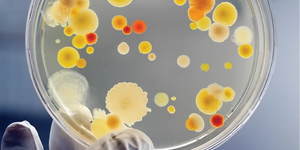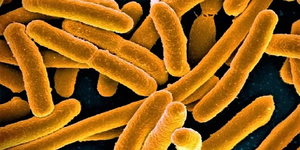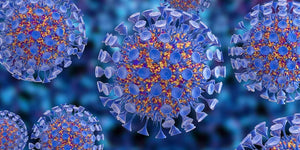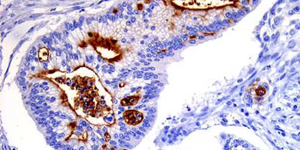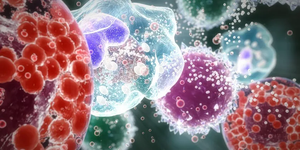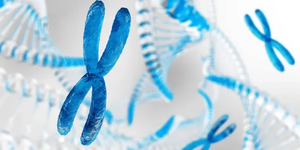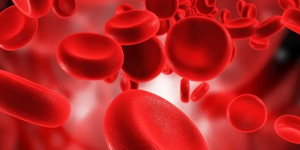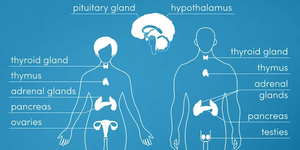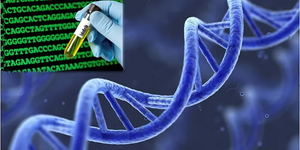
Microbiology (from Ancient Greek μῑκρος (mīkros) 'small', βίος (bíos) 'life', and -λογία
(-logía) 'study of') is the scientific study of microorganisms, those being of unicellular (single-celled), multicellular (consisting of complex cells), or acellular (lacking cells). Microbiology encompasses numerous sub-disciplines including virology, bacteriology, protistology, mycology, immunology, and parasitology.
Eukaryotic microorganisms possess membrane-bound organelles and include fungi and protists, whereas prokaryotic organisms—all of which are microorganisms—are conventionally classified as lacking membrane-bound organelles and include Bacteria and Archaea. Microbiologists traditionally relied on culture, staining, and microscopy for the isolation and identification of microorganisms. However, less than 1% of the microorganisms present in common environments can be cultured in isolation using current means. With the emergence of biotechnology, Microbiologists currently rely on molecular biology tools such as DNA sequence-based identification, for example, the 16S rRNA gene sequence used for bacterial identification.
